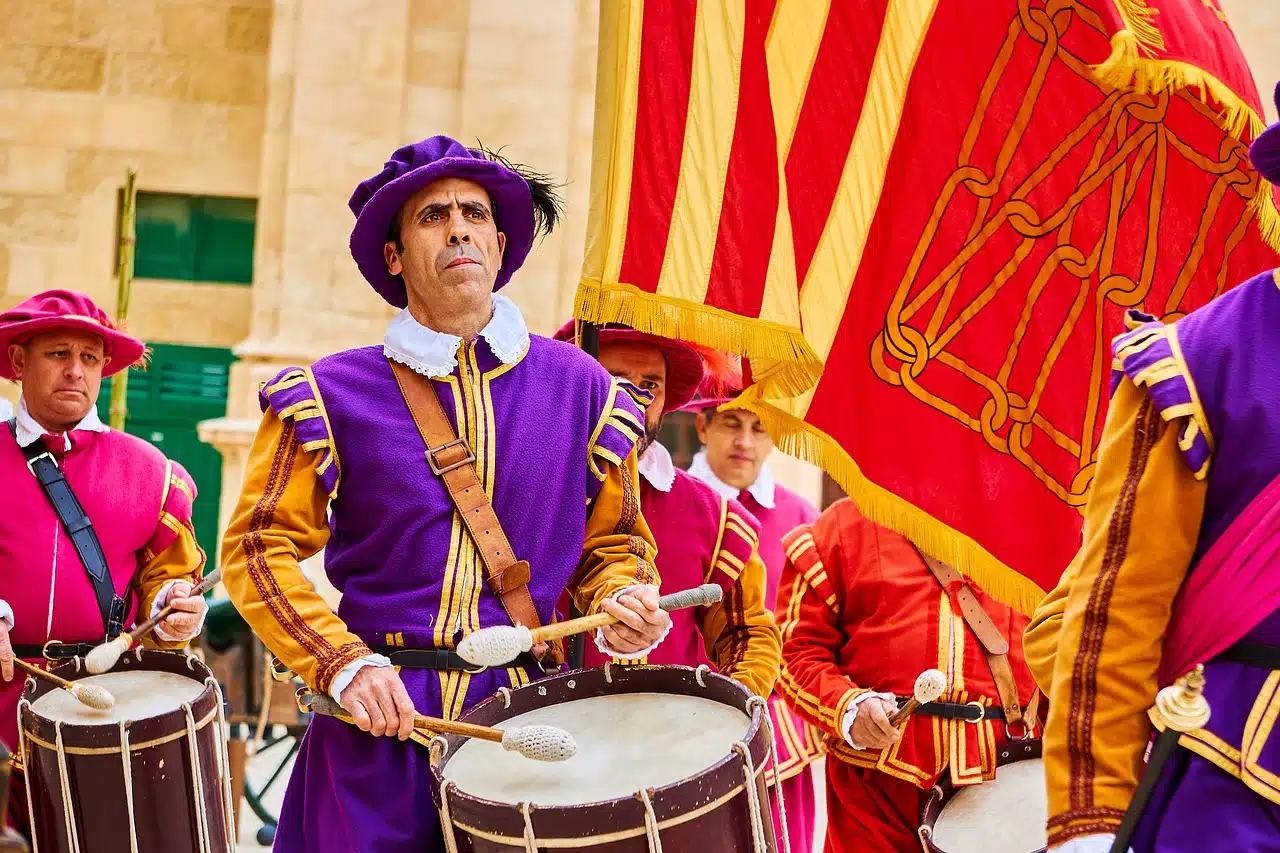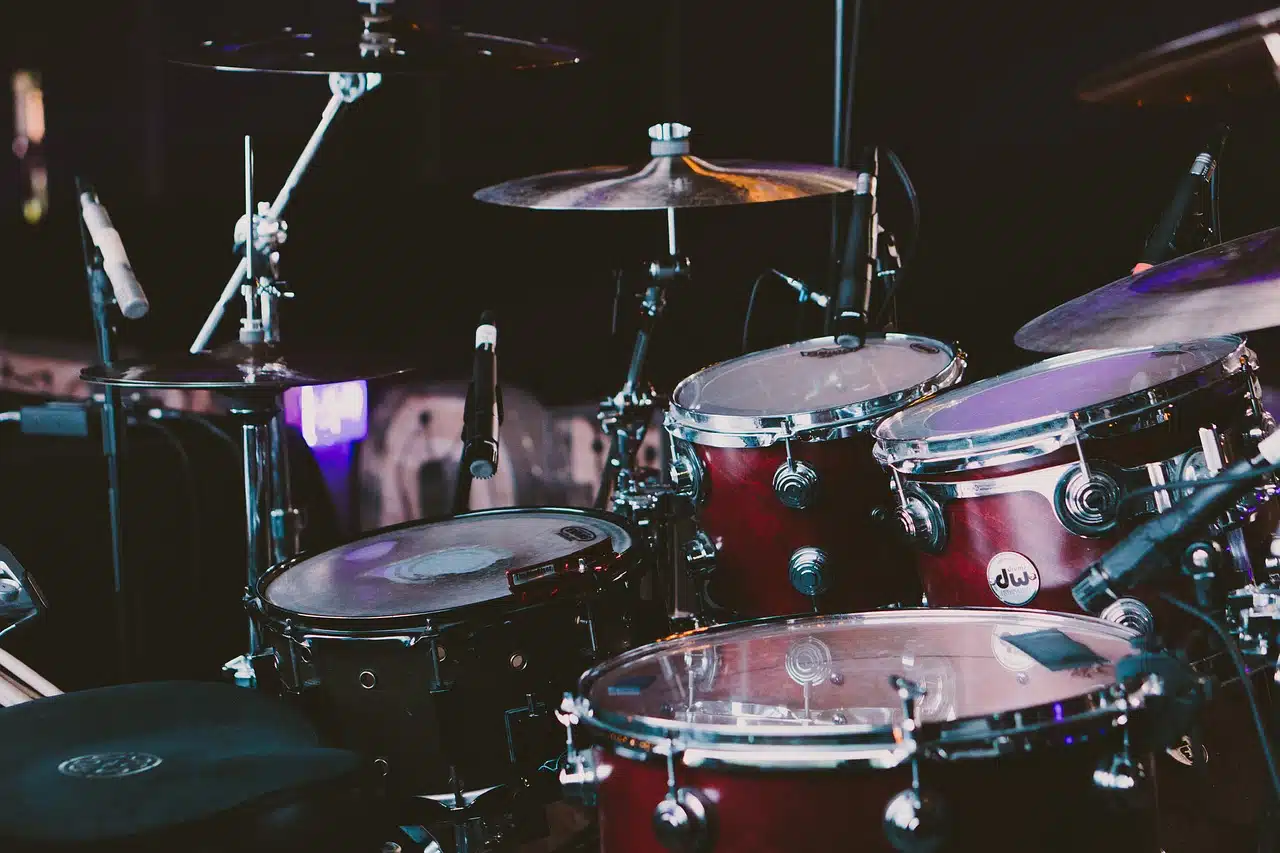
Percussion instruments make sound when struck.
Percussion is the action and effect of striking (delivering repeated blows). The most frequent meaning of the term, which comes from the Latin percussio , is linked to the field of music to name the set of percussion instruments of a band or orchestra .
These instruments are those that sound when the performer hits them with his hand, rods, drumsticks, etc. The timpani , the xylophone , the bass drum and the timpani are examples of percussion instruments: «Juanjo is in charge of the band's percussion» , «The English group surprised with the percussion work on their new album, which gives it a Latin» , «My nephew is always banging on the table or making noise with his hands: I think I'm going to give him a drum set so he can start studying percussion» .
Bar and plate percussion instruments
Bar and plate percussion instruments form a set in which the sound comes from their own material , without the need for strings or membranes. Among the main members of this group are:
- The lyre : also called glockenspiel (in German, a set of timbres used in an orchestra) is very simple, since it is made up of a series of steel sheets arranged on a frame. A hammer is used to make it sound.
- The marimba : consists of plastic or wooden bars placed on top of sound boxes, or on struts (thick wooden slats), each with a cut-out bow and a tube -shaped resonator located in a vertical position near it. Only one end of the resonators is closed and each one has a different length, which affects the pitch of the sound produced when striking the bar to which they are associated.
- The triangle : This is a steel bar bent so that it looks like a triangle with one vertex missing and the other two corners rounded. It is held by a cord and an iron or steel rod is used to execute it. Its sound is very penetrating and very clear, although its frequency is not defined.

The drums are a percussion instrument.
The use of membranes
There are percussion instruments that have tightly stretched membranes, which must be struck to produce sound. Some of the best known are:
- The timpani : consists of a semi-oval or hemispherical box made of bronze or copper, over which a parchment membrane is stretched, which is secured with a metal ring adjusted by screws. It is worth mentioning that it can be tuned to produce certain frequencies in particular.
- The tambourine : This is a circle-shaped frame , made of wood, that holds a stretched head and has a series of small metal jingles. To make it sound, you must hit it with your hand.
Other meanings of the term percussion
The firearm whose firing pin strikes an explosive mixture to fire is known as a percussion weapon . It has a key (the percussion key ) that allows the gunpowder to explode through a detonating capsule that ignites when hit by the hammer: "The police found several percussion weapons in the suspect's house , " The victim was killed with a shot from a percussion weapon that entered right next to the heart .
For medicine , percussion is the method of giving gentle blows to different parts of the body to evaluate the size, edges, consistency and eventual presence of fluid in the body's organs. These blows can be done with the fingers or with small instruments.
Doctors, in this way, listen to the sound produced by percussion and can detect abnormalities. Bones, for example, should sound solid, while lungs should produce a hollow sound since they are filled with air.
